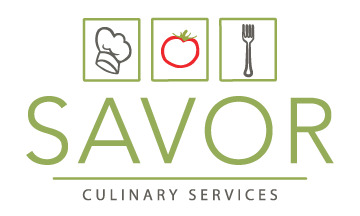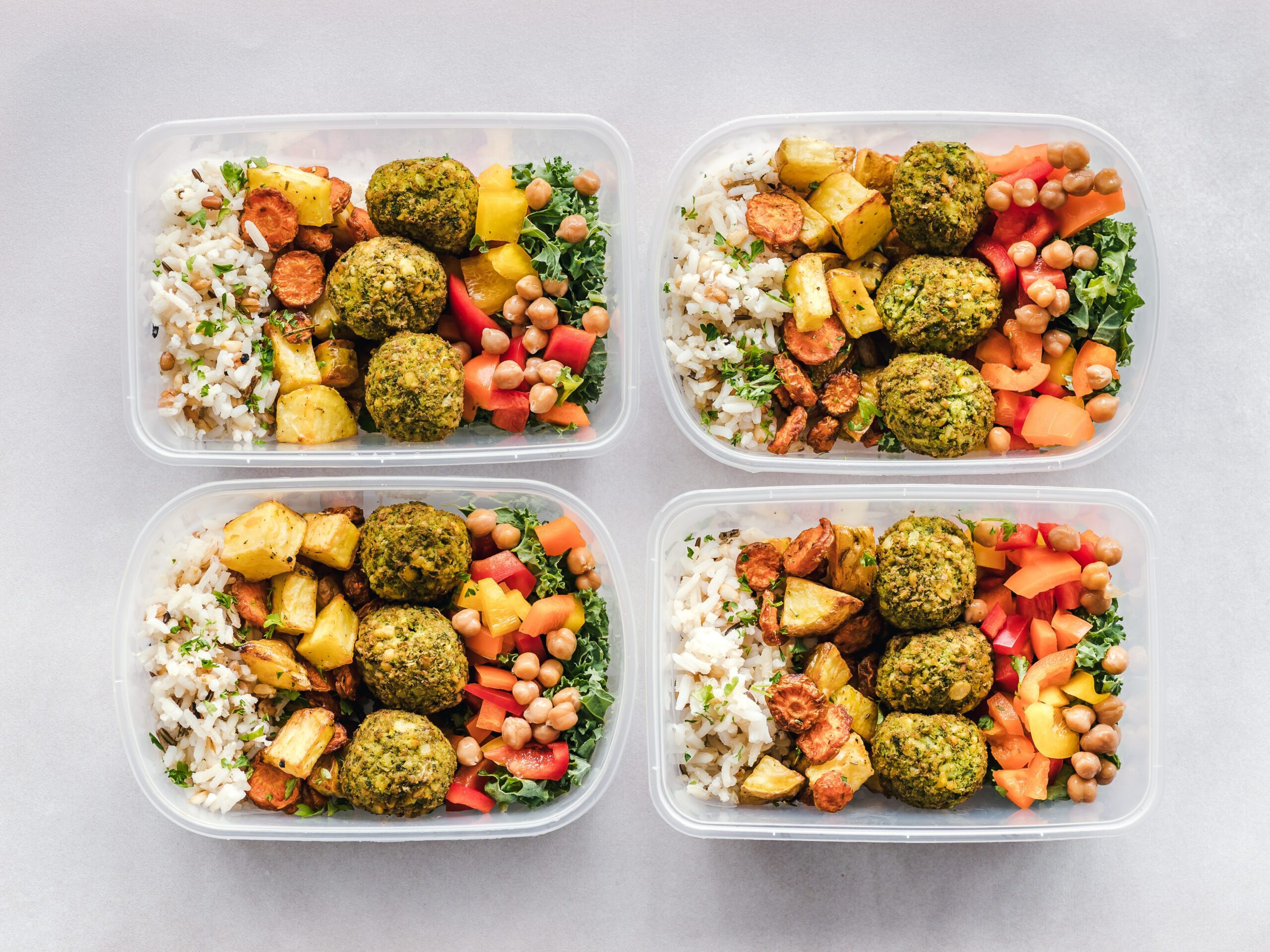Everything you consume, including water, salt, sugar, vegetables, fruits, and proteins, can have an impact on your quality of life. Eating well-rounded meals that are rich in diverse ingredients can amount to a healthy diet. We are going to break down some healthy dietary tips you can implement today that can help you live a longer, happier life.
Drink water
Probably one of the simplest recommendations, which everyone can benefit from, is to drink more water. We’re not talking about the water in your coffee, tea, soda, juice, or beer, but actual water. Studies show that proper hydration can help you with focus, stamina, memory, and sleep. Drinking water with your meals also aids in filling your body faster and longer.
Moderate sodium and sugar intake
Reading all the labels in the grocery store often compounds the process of shopping. Be wary of packaging that touts that it’s natural and organic. Check the label anyway for sodium and dietary sugar, as these products will often include excessive amounts of one or both.
Eat more vegetables
Vegetables are packed with tons of vitamins, minerals, and good cholesterol! If you’re not eating a serving of any variety of vegetables with every meal, chances are you’re not getting all the goodness your body needs. If you’re worried about the oil from sautéing vegetables, consider steaming broccoli, carrots, cauliflower, asparagus, and green beans.
Eat fresh fruit
Fruits are a great source of vitamin C, potassium, and dietary fiber that most people just don’t get enough of. Fresh fruit can make an amazing snack, goes great with cereal or oatmeal, and is always a welcome dessert. There are even clever ways to incorporate fruit into savory dishes, but that is beyond the scope of this article.
Eat more protein
This doesn’t specifically mean meat for any vegetarians or vegans out there. There are tons of ways you can increase your protein intake by eating nuts, tempeh, tofu, seitan, eggs, beans, and meats. Reducing the amount of red meat you consume can help lower your risk of blood pressure and heart disease. Eating more seafood, such as tuna, crabs, and squid, can add much-needed omega-3 to your diet.

